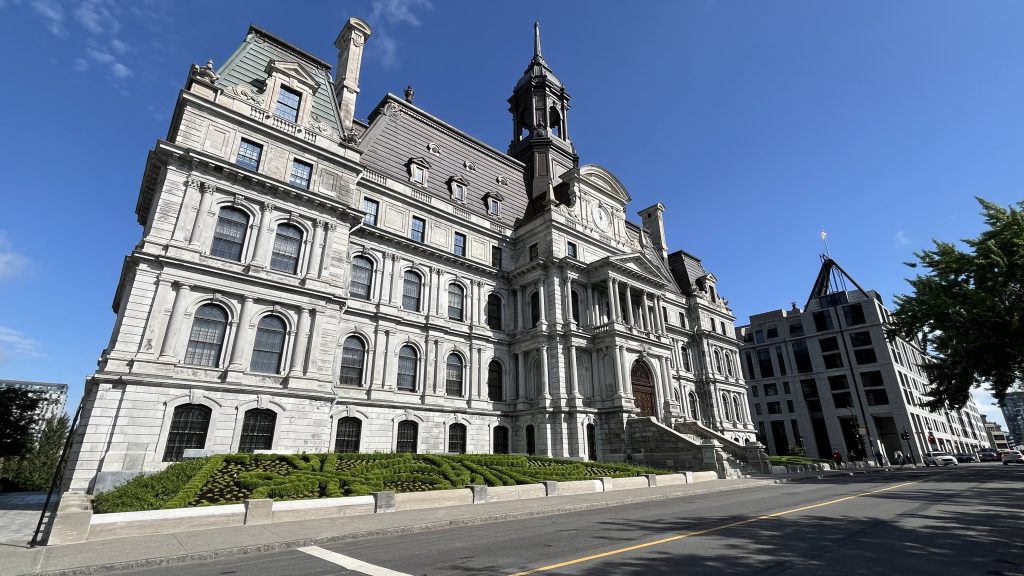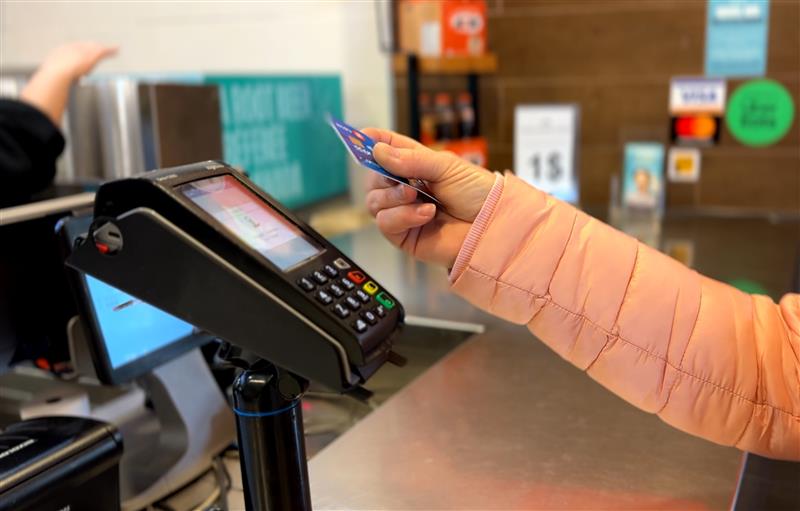City of Montreal touts measures taken to tackle racism, promote diversity

Posted October 29, 2024 1:55 pm.
Last Updated October 29, 2024 6:21 pm.
The City of Montreal is trumpeting measures it took this year to tackle racism and discrimination while promoting inclusion, diversity and representation.
It’s part of the city’s annual accountability report to the Commission sur le développement social et la diversité Montréalaise and the Commission de la sécurité publique.
It lists initiatives undertaken and commitments made so far this year at the level of the municipal government, Montreal police (SPVM) and fire department (SIM).
“Although we recognize that there’s still a lot of work that needs to be done, I think we could recognize that we are advancing really well towards our objectives,” said Gracia Kasoki Katahwa, the executive committee’s human resources and anti-racism and systemic discrimination officer.
The city says, for example, one-quarter of people appointed to management positions in the City of Montreal come from groups targeted by the Equal Access to Employment Program. Katahwa says that’s a way to better reflect the diversity of the city.
The City of Montreal also says its new centralized system that handles the filing of complaints by city employees related to racism and systemic discrimination – which was launched in December 2023 – oversaw 196 cases, 87 per cent of which received a response within 24 hours.
The city was under fire in early 2023 for failing to address accusations of systemic racism and discrimination against its own workforce after a series of media reports revealed dozens of racialized city workers faced racism.
Municipal officials vowed at the time to implement a zero tolerance for racism and systemic discrimination, while increasing diverse representation at all levels of public service.
The new centralized complaints system was implemented against the backdrop of those accusations.
WATCH: Montreal changing how it investigates racism complaints from employees
At the level of the SPVM, the city says all police managers and more than 70 per cent of police personnel participated in a training activities program on racism and racial profiling.
Since June, the police force has been developing a plan to combat discrimination and racism, it adds. Among other things, the work will include an updated look at the SPVM’s arrest practices.
“Chief (Fady) Dagher has recognized the issue of systemic racism within the SPVM,” said Alain Vaillancourt, Montreal’s executive committee member responsible for public safety.
“I think they’re on the right track and I think my answer to that is culture takes a bit of time to change.”
While racial profiling is being addressed within the SPVM, excessive force against Black individuals is being called into question.
“In recent weeks we started to see an increase of cases of Black individuals being subject to excessive force, especially after just a simple stop or a simple intervention and that excessive force is becoming a bit of a pattern,” said Fo Niemi, the executive director of the Center for Research-Action on Race Relations (CRARR).
At the fire department, the city says workshops were created to hold discussions on discrimination, racism and respect for the individual. More workshops are planned into next year.
“Note that all SIM managers have followed this training this year and that they are firmly committed to developing the culture within their troop to ensure a work environment free from discrimination,” the city said.
The City of Montreal also says it is actively integrating issues of reconciliation with Indigenous People, including projects aimed at racialized or Indigenous artists in Maisons de la culture, in libraries and in public art projects.
Though it comes just days after a welcome sign in the lobby of Montreal’s newly renovated city hall depicting a woman wearing a headscarf will be removed in the name of secularism following criticism the image is offensive.
Mayor Valérie Plante said the drawing of a woman wearing what looks like a hijab, or Islamic headscarf, will be taken down because of the “discomfort” it causes but also because institutions must strive to be secular.
“What the mayor said is that this exposition is going to change but one thing I want to say is that for us it’s really important that in this house of citizens, all citizens of Montreal feel represented and this will never change,” Katahwa said.
Niemi says the city can do much more to address racism and systemic discrimination. Niemi points to the ongoing issue of compensation negotiations with Black and Arab blue-collar workers in Montreal North who allege they experienced systemic racism, notably discriminatory hiring practices.
“That situation has not been resolved because of endless ongoing negotiation of part of the city with the labor unions with regard to the kind of compensation that each worker should receive,” said Niemi. “And there seems to be no consensus and no progress either, and that can taint the city’s record on systemic racism in employment.”
Added Katahwa: “The city is still in discussion with the blue collars. What I know is that the discussions are moving pretty well and hopefully we’re going to be able to all come to an agreement.”








